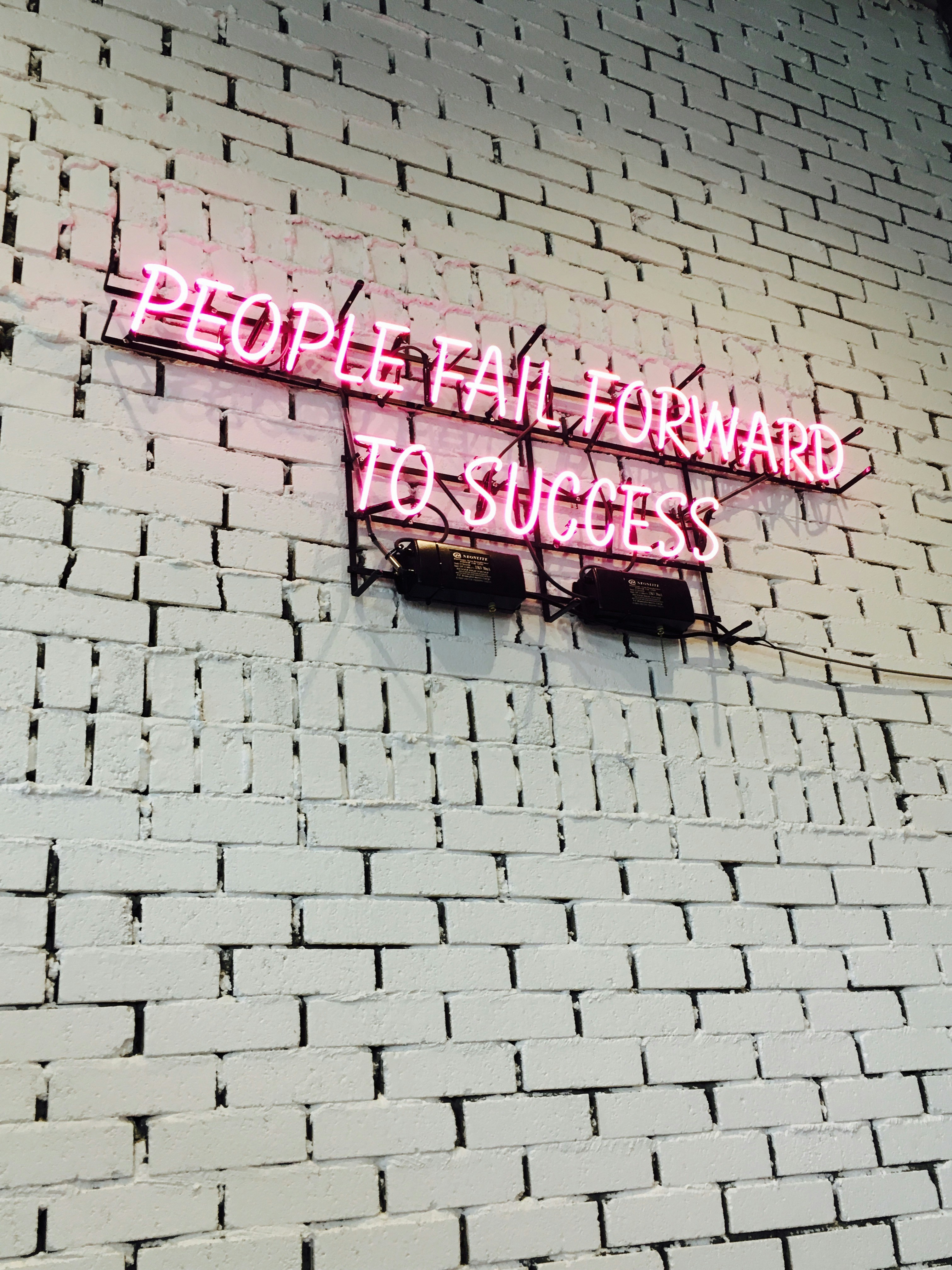Understanding Failure: Definitions and Context
Failure is often described as the inability to achieve a desired goal or objective. But that’s just the surface.
In truth, failure is a deeply personal and context-dependent experience. One person’s failure may be another’s steppingstone. Our individual goals, cultural backgrounds, and personal standards all shape how we define and experience failure.
Take this example: a student fails an exam. To one, it’s a crushing setback; to another, it’s valuable feedback. Or consider an entrepreneur rejected by investors — many view this not as the end but as a key lesson for their next pitch.
What we call failure is not universal. In some cultures, it is feared and avoided. In others, it is celebrated as part of the journey. The key lies in how we interpret and respond to it.
🔑 Failure is not an endpoint — it’s often a detour toward personal development.
The Role of Language in Shaping Our Experience of Failure
Words matter. The way we talk about failure influences how we feel about it — and how we grow from it.
Framing an experience as a “mistake” or “loss” can breed shame. But reframing it as a “learning opportunity” can empower us to try again with new insight.
By changing our inner dialogue and the language we use with others, we transform our outlook:
- “I failed” → “I learned what didn’t work.”
- “This is the end” → “This is a beginning in disguise.”
Practical strategies to support this shift include:
- Surrounding yourself with growth-minded people
- Journaling your thoughts and lessons learned
- Avoiding harsh self-criticism in favour of compassionate self-reflection
🧠 Your words shape your reality — use them wisely to foster resilience.
Cultural Perspectives on Failure: Lessons from Around the World
Culture plays a profound role in how failure is viewed.
In many Western societies, failure can carry a strong stigma — a mark of incompetence or weakness. This often discourages risk-taking.
In contrast:
- Japan values perseverance through the concept of “ganbatte” — keep going, no matter what.
- Brazil embraces risk with the saying “quem não arrisca, não petisca” (“nothing ventured, nothing gained”).
- Across many African communities, there is a strong emphasis on communal resilience. Failure is not just personal — it’s shared, supported, and reframed together.
These cultural differences offer powerful lessons. By embracing failure as a shared, necessary part of growth, we reduce fear and build a more confident approach to life and work.
🌍 Imagine if more of us saw failure not as a shameful secret but as a badge of courage and learning.
Embracing Failure as a Catalyst for Success
Failure can break us — or it can make us unstoppable.
Consider:
- 🔌 Thomas Edison tested over 10,000 ideas before inventing a working lightbulb.
- 📚 J.K. Rowling faced a dozen rejections before finding a publisher for Harry Potter.
In business, too, failure can lead to innovation. Companies like Google thrive by fostering a culture of experimentation. Risk-taking is rewarded, not punished — and it’s led to breakthroughs like Gmail and Google Maps.
Here’s how individuals and organisations can embrace failure productively:
- Create safe spaces for discussing failures openly.
- Celebrate effort and learning, not just wins.
- Set long-term goals to stay focused when setbacks occur.
Failure is not the enemy of success — it is often the engine that drives it.
✨ “Failure is the proof that you tried. Recovery is the proof that you’re not done.” – Eddington Pindura
Final Thoughts
If you’ve been knocked down by failure, remember: you are not alone. You are not broken. You are being built.
Reframe. Reflect. Rise.
🚀 Want to turn setbacks into comebacks?
Explore tools, training, and community support at EddingtonPindura.com and begin writing your next chapter — stronger, wiser, and more empowered than ever.

